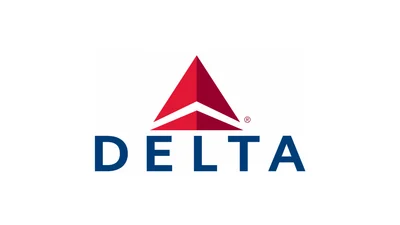Operating large aircraft comes with significant risks due to their size and seat capacity. The A380 offered competitive per-seat costs against some rivals but ultimately could not outperform newer models like the Boeing 787 on efficiency.
Technological advancements have also left the A380 behind. Its four engines are less fuel-efficient compared to modern widebodies powered by engines such as General Electric’s GEnx or Rolls-Royce’s Trent 1000. Maintenance is expensive due to both engine count and fleet size at most carriers.
Former Qantas CEO Alan Joyce said, "it was cheaper to run two Boeing 787s than a single A380," while former Qatar Airways CEO Al Akbar Baker called it "the carrier's biggest mistake." These views reflect broader industry struggles with using the jet efficiently on most routes.
Airbus delivered 251 examples of the A380 between 2007 and 2021 to fourteen airlines. Air France became the first carrier to retire its entire fleet in 2020 during the COVID-19 pandemic—a decision already under consideration before travel demand collapsed globally. Thai Airways, Malaysia Airlines, Hi Fly Malta, and China Southern also retired their fleets amid falling demand and high operating costs.
Singapore Airlines reduced its fleet by retiring older examples but kept newer ones in operation. Other operators like Emirates, Qantas, Etihad, Lufthansa, Korean Air, and Qatar Airways temporarily removed some of their A380s during the pandemic.
Four out of five airlines that retired their A380s cited financial pressures from COVID-19 as a primary reason for removal from service. High refurbishment costs also played a role; Air France faced estimated upgrade expenses of up to $50 million per aircraft for aging cabins.
Some carriers struggled from early on—Thai Airways and Malaysia Airlines had difficulty filling seats because of network limitations and financial troubles in the 2010s. China Southern found limited utility for such a large plane given China’s decentralized air travel market.
After global travel rebounded faster than anticipated post-pandemic—but before new aircraft production could catch up—some airlines returned stored A380s to service or leased used planes to meet renewed demand.
Looking ahead, Korean Air plans to operate up to thirteen combined A380s following its merger with Asiana Airlines and may delay retirement until after 2030. Qantas expects its own fleet will continue flying into that decade pending arrival of replacements like Airbus’s A350-1000 model.
Qatar Airways is waiting for deliveries of delayed Boeing 777-9 jets before phasing out remaining superjumbos; Lufthansa intends to retrofit eight surviving units with updated business class products; British Airways will refurbish all twelve of its aircraft for entry into service in 2026.
Emirates’ fleet stands apart at over one hundred units—with expectations that these will remain essential through at least the early 2040s due to lack of a direct replacement option.
 Alerts Sign-up
Alerts Sign-up





































